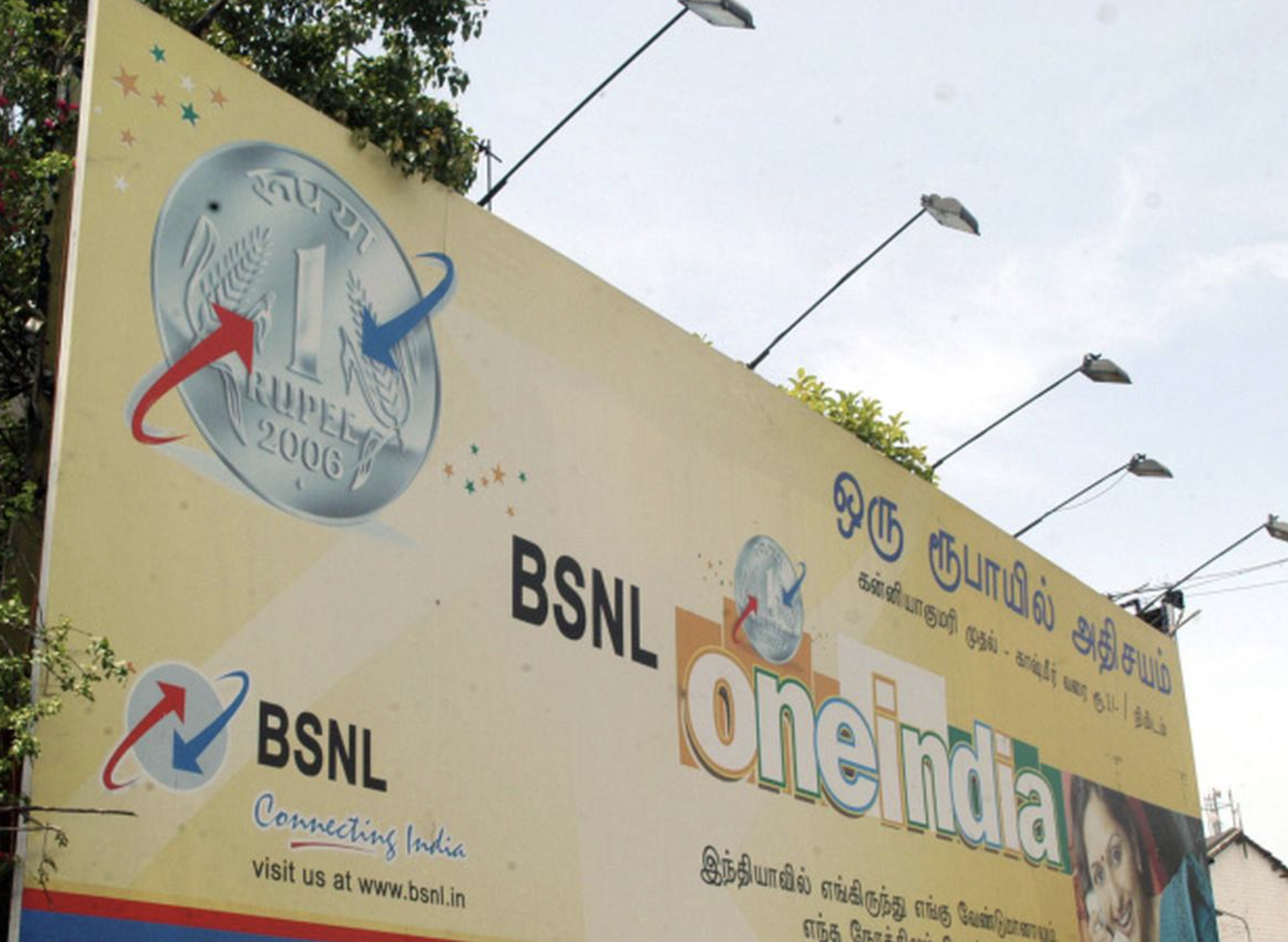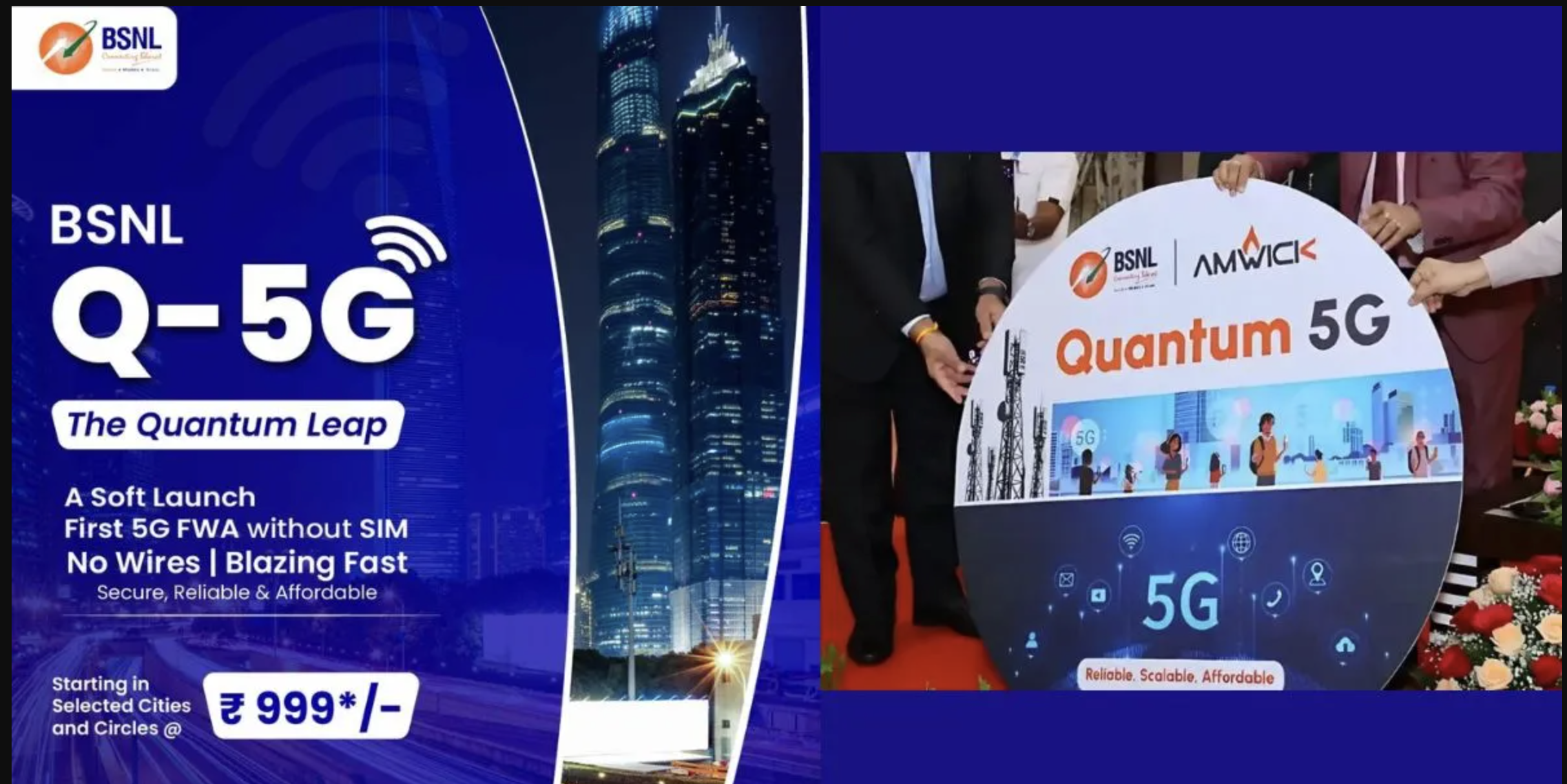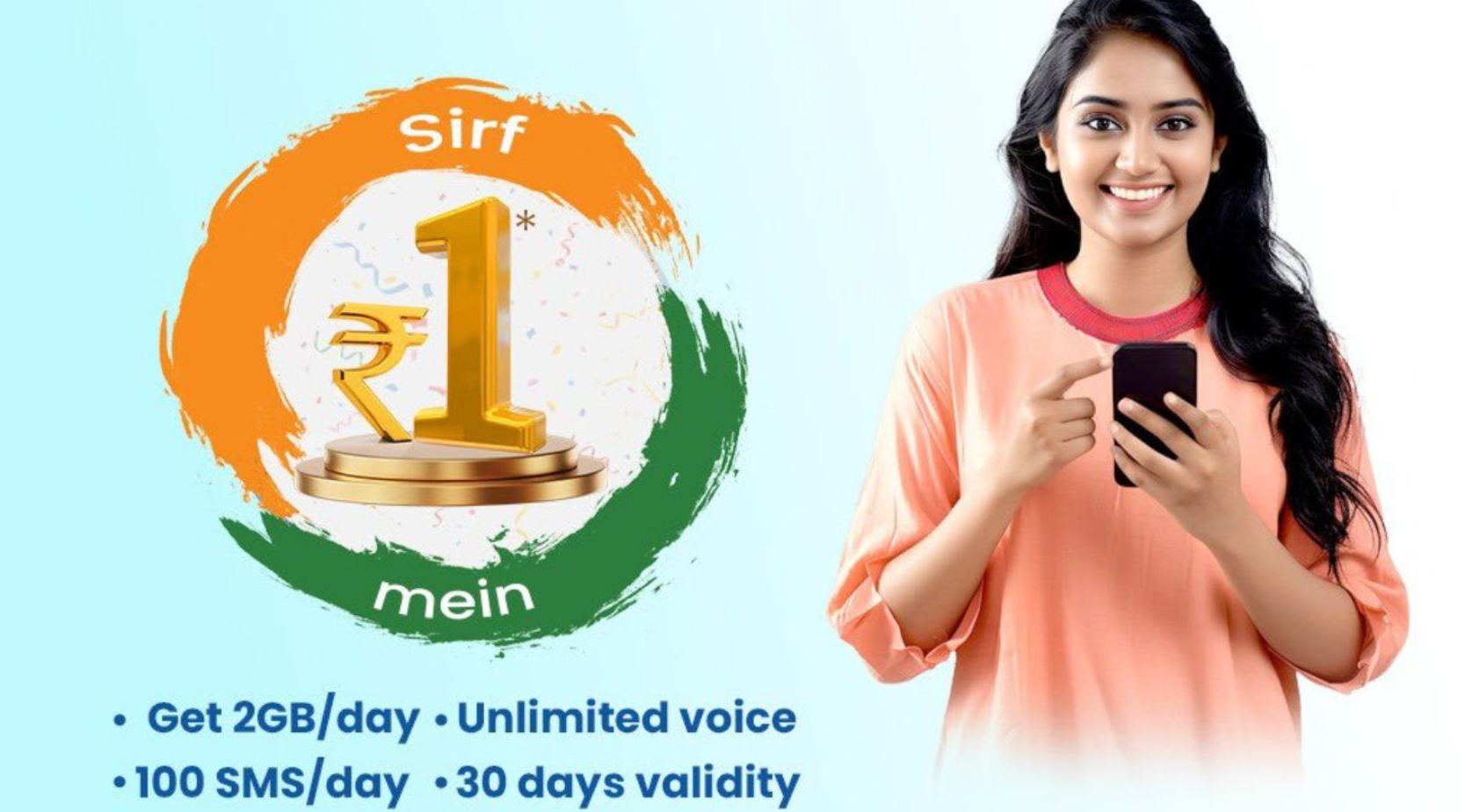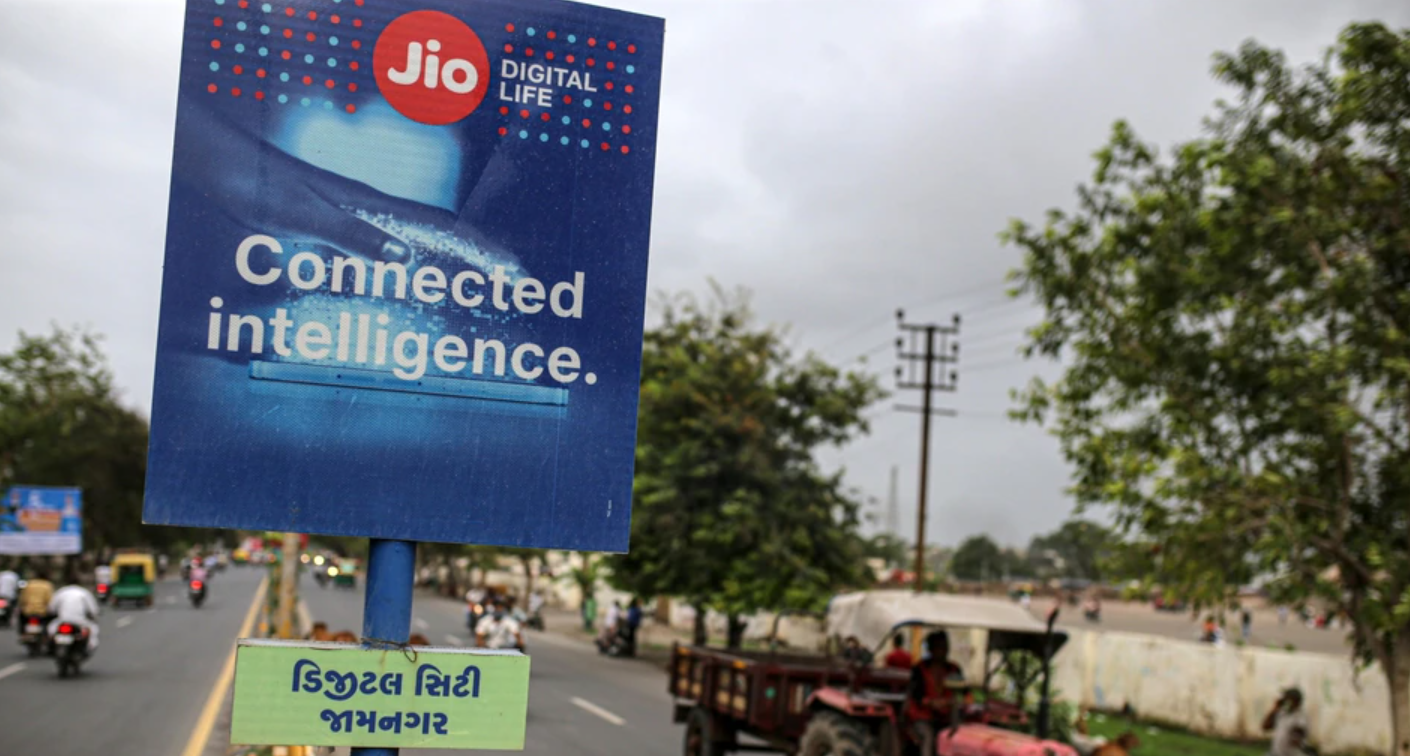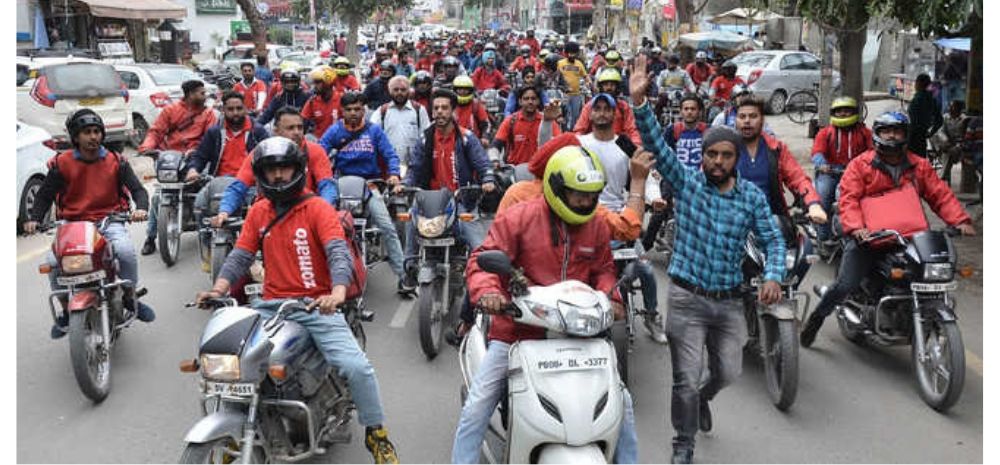Principal entities are required to transition to the ‘140’ series of phone numbers for promotional calls by July, under a directive from the Telecom Regulatory Authority of India (TRAI).
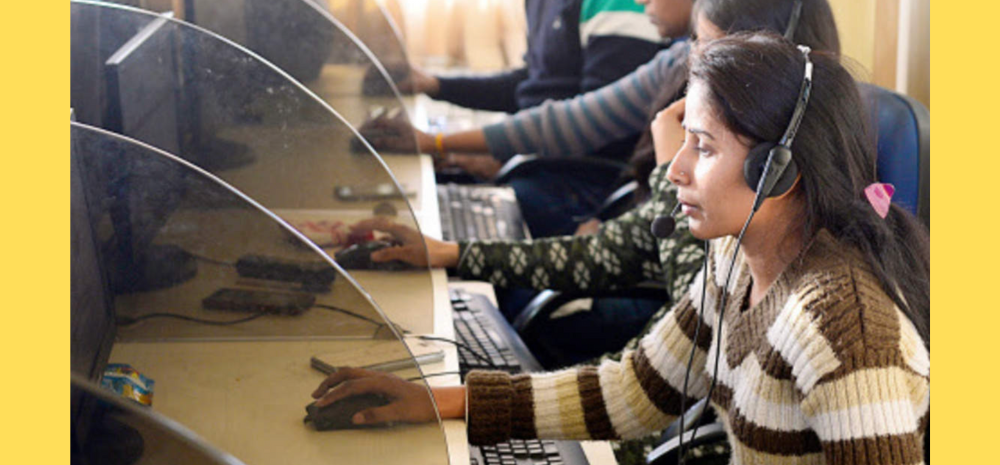
Businesses like banks, insurance companies, and others have till August to switch over to the ‘160’ series for service and transactional calls.
Businesses Directed To Transition To 140 Series of Phone Numbers For Promotional Calls
The purpose of this directive is to assist customers in recognizing and valuing calls from the 140 and 160 series in the face of the growing threat of spam calls from 10-digit numbers.
Spam calls from 10-digit numbers have regularly resulted in financial schemes.
To discuss Unsolicited Commercial Communication (UCC), TRAI recently hosted a Joint Committee of Regulators (JCoR) meeting.
Representatives from the Ministry of Home Affairs (MHA), the Department of Telecommunications (DoT), the Reserve Bank of India (RBI), the Securities & Exchange Board of India (Sebi), the Ministry of Consumer Affairs (MoCA), and TRAI attended the meeting.
One of the main topics of discussion was how primary entities can stop UCC calls and messages. It also addressed how major entities can obtain digital consents by using the Digital Consent Acquisition (DCA) method.
Whitelisting of Callback Numbers, APKs, OTT Links and More
The whitelisting of callback numbers, APKs, OTT links, and URLs in message content templates was discussed by the committee in addition to using telecom resources to control frauds by strengthening know your customer (KYC) standards.
TRAI emphasized that UCC infringes upon personal privacy and causes a great deal of inconvenience to the general people. It was explored how to use telecom resources to fight fraud and UCC through cooperative methods and strategies.
TRAI intends to track the calling habits of people who utilize 10-digit numbers to place large numbers of calls. To identify call patterns and their locations, machine learning and artificial intelligence will be utilized.
In the future, call centers won’t be allowed to communicate using 10-digit numbers.
The Department of Consumer Affairs is currently developing draft regulations to limit unsolicited calls and communications pertaining to spam. These regulations will impose direct liability on banks, fintech firms, and real estate developers for spam communications that are contracted out to outside organizations.
According to a LocalCircles report, 60% of mobile customers get three or more spam calls per day.
The majority of unsolicited calls come from banking and real estate companies.
IDFC First Bank, Bajaj Finance, HDFC Bank, and HDFC Life Insurance are among the companies that are often reported for making unsolicited calls.
